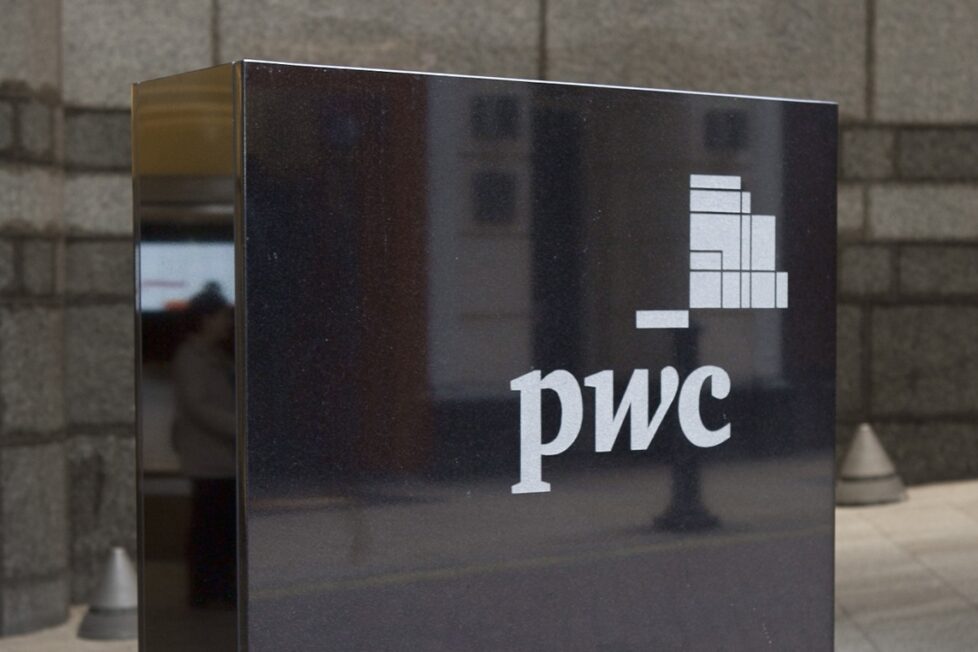More than Two Thirds of Companies Planning to Upskill Workforce for Climate Change Megatrend: PwC CEO Survey


A significant majority of CEOs are planning, currently undertaking, or have already completed a series of actions to prepare their companies to address the risks and opportunities presented by climate change, including two thirds looking to upskill or reskill their workforce, and more than three quarters innovating new, climate friendly products or services, according to a new global CEO survey released by professional services firm PwC.
For the study, PwC’s 27th Annual Global CEO Survey, PwC surveyed more than 4,700 CEOs across 105 countries.
The survey indicated that CEOs are more optimistic about global economic growth than in the prior year study, with fewer than half (45%) anticipating a decline in growth over the next 12 months, compared to 73% last year, with lower perceived exposure to factors such as inflation, economic volatility and geopolitical conflict.
As perceived exposure to near-term factors have eased, however, the study found an increased focus on long-term megatrends such as climate change and technological disruption, with an increasing number of CEOs reporting that they are less confident in their companies’ viability over the next decade on their current path – 45% vs 39% last year – leading to increased initiatives to reinvent their business models.
Bob Moritz, Global Chair, PwC, said:
“As business leaders are becoming less concerned about macroeconomic challenges, they are becoming more focused on disruptive forces within their industries. Despite rising optimism about the global economy, they are actually less optimistic than last year about their own revenue prospects, and more acutely aware of the need for fundamental reinvention of their business. Whether it is accelerating the roll-out of generative AI or building their business to address the challenges and opportunities of the climate transition, this is a year of transformation.”
Respondents listed climate change as having one of the most significant increases as a factor driving change in the way their companies will create, deliver and capture value, with 30% of CEOs anticipating a “large” or “very large” change over the next three years, compared to only 22% over the past 5 years.
Initiatives anticipated or underway by companies related to climate change reported by the CEOs included improving energy efficiency, with 65% now undertaking, 10% completed, and another 14% planning actions in this area; 58% in progress or completed and 20% planning new, climate-friendly products technologies or services; 47% in progress or completed and 21% planning initiatives to protect assets and workforces from climate risk, and 44% in progress or completed and 23% planning the implementation of initiatives to upskill or reskill their workforce.
Despite the progress on climate-related initiatives, however, the survey found that many CEOs are not likely to pursue several of these actions, including 31% who have no plans to incorporate climate risk into their financial planning, 30% not anticipating reskilling or upskilling implementation, and 29% with no plans for protecting assets and workforces from climate risk.
One of the key findings from the survey is an apparent increase in acceptance by CEOs of lower rates of return for climate-friendly investments, with over 40% of respondents reporting that their companies have set a lower hurdle rate for these, compared with other investments. Of those accepting a lower rate of return, most reported hurdle rates between one and four percentage points lower.
Moritz said:
“This year’s data suggests a high degree of CEO uncertainty ahead, but CEOs are taking action. They are transforming their business models, investing in technology and their people, and managing the risks and opportunities presented by the climate transition. If businesses are to thrive over the short and long-term, build trust, and deliver sustained and long-term value, they must accelerate the pace of reinvention.”